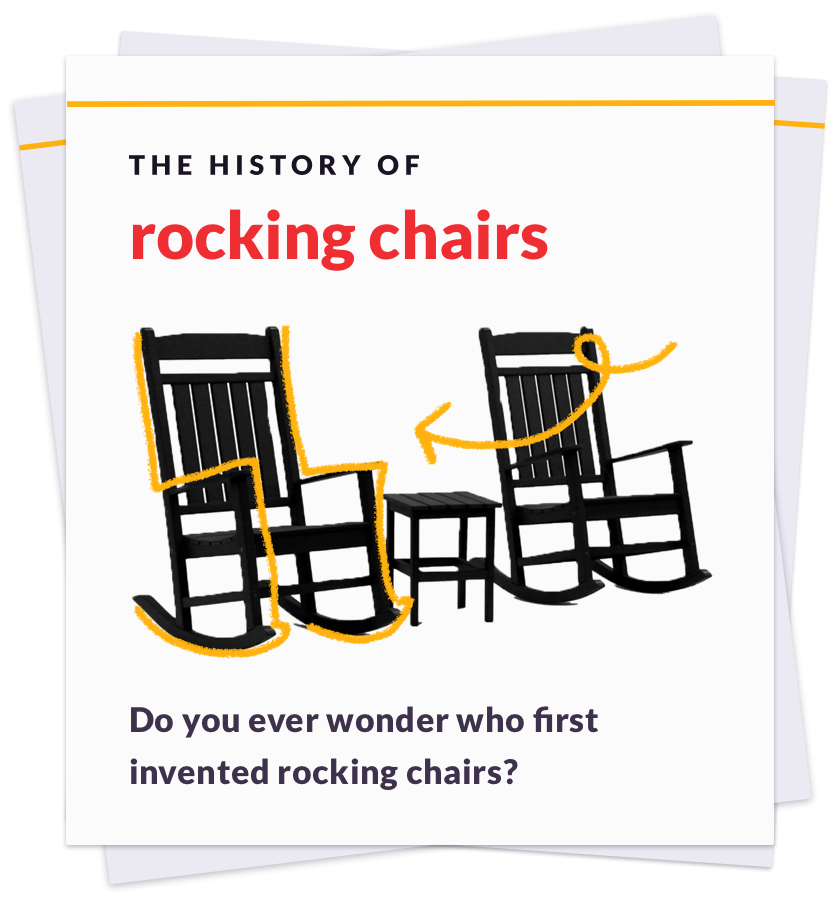Crossword puzzles got their start in 1913, when Arthur Wynne was putting together the Christmas edition of “Fun,” the jokes and puzzles supplement he managed for the New York World. Believing that readers needed a new challenge, the Liverpool native designed a puzzle with a numbered, diamond-shaped grid with an empty center. He put “fun” at the top as the first “across” entry and provided various clues that required readers to know esoteric facts. He also included a variety of playful clues. Scholars think that Wynne based his game on the rudimentary word-form puzzles that were popular in late 19th century England as well as the “Sator” square, an ancient, five-word Latin palindrome. Wynne originally called his game “Word-Cross,” but when an illustrator later changed “Word-Cross” to “Cross-Word” accidentally, Wynne did not object, and the new name stuck. In 1924, the fledgling Simon & Schuster publishing company printed a book of crossword puzzles at the behest of Simon’s aunt. They were so worried by the untested, nonliterary format that they did not print their firm’s name on the book, but it turned out to be a massive success and eventually sold over 100,000 copies. The Amateur Cross Word Puzzle League of America (a creation born out of Simon & Schuster’s marketing savvy) began standardizing the appearance of crosswords as early as 1924. Crosswords soon became something of a craze, with many publications offering them. Notably, the New York Times was a long-time holdout but began publishing crosswords as a way to help the public distract themselves from the news during World War II. The first New York Times crossword puzzle ran on Sunday, February 15, 1942, but it did not become a daily feature until 1950. The New York Times crossword puzzle soon became a favorite for many people who especially enjoyed the way each one increased in difficulty throughout the week, culminating in Sunday’s hefty puzzle; today, it has many fans, including well-known celebrities and politicians. In 2006, the crossword puzzle craze underwent a bit of a resurgence after the documentary Wordplay was released, and there are many enthusiasts who continue to enjoy crossword puzzles today.

Your go-to guide for weird history facts
Subscribe to the FREE daily email that makes learning about history fun.


